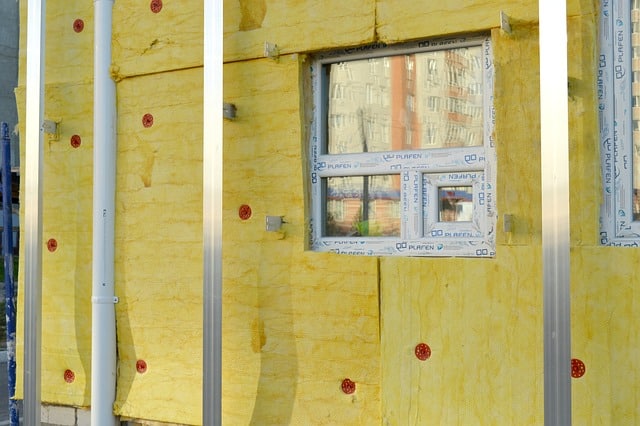If you’re an existing or perhaps a budding property developer, you may have found yourself in a situation where a bank has refused to give you a loan. This can be a frustrating experience, but it doesn’t mean that there are no other options available to you to finance your development project.
There are several potential reasons why a bank might refuse to give you a property development loan. For example, they may feel that your project is too risky, or that you don’t have enough experience. They may also be concerned about the current state of the property market or your financial situation and the ability to make repayments.
However, if you’ve been refused a property development loan from a bank, there are a number of things you can do next. In this guide, we’re going to explore your alternative development finance options.
Refused Development Finance Options
Review & resubmit your application
If you feel that bank finance for funding is still your best option, the first step is to review your application carefully to identify any areas where you can improve it to address the bank’s concerns. For example, you might need to provide more detailed information about your project or get more quotes from builders and suppliers. Many lenders will tell you the reasons why an application may have been refused.
Explore alternative development finance lenders and funding options
There are a number of other lenders who can provide property development finance. These include specialist development finance lenders, private banks and peer-to-peer lending platforms. Exploring alternative commercial or residential development finance lenders could get your project off the ground.
If you’re unable to secure a traditional property development loan, there are several alternative funding options available. These include bridging loans, unsecured loans and equity finance. At Hunter Finance, we provide residential and commercial property development finance to a wide range of clients across London and the South East. Contact us to find out more.
What are property development loans?
Property development loans are specifically designed to finance the purchase of land and the construction of new properties. They are typically secured against the property being developed. While they can be complex and more expensive than a traditional mortgage or bank financing, they can be a good option for developers who have a strong track record and a viable project. For more information, read our Guide to Property Development Finance.
Bridging loans
Bridging loans are short-term loans that can be used to finance a property purchase or development while you wait for another source of finance to become available, such as traditional funding from a bank. Bridging loans are typically more expensive than traditional property development loans, but they can be a good option for developers who need to move quickly on a project. For example, you may need a short-term loan to overcome a cash flow issue or employ contractors.
For more information, read our Guide to Bridging Loans.
Unsecured loans
Unsecured loans are loans that are not secured against any assets. This means that the lender is taking on more risk, so the interest rates on unsecured loans are typically higher than on secured loans. Unsecured loans can be a good option for developers with a good credit rating and who may not have enough equity in their property to secure a traditional property development loan
Equity finance
Equity finance is a type of funding where an investor provides capital in exchange for a share of the profits from the development. Equity finance can be a good option for developers who need to raise a large amount of money, but who may not be able to afford the repayments on a traditional property development loan. However, it’s best for property developers who have a proven track record and have built a relationship with their lender.
Which property development finance option is right for you?
The best funding option for you will depend on your individual circumstances and the specific needs of your project. If you’re not sure where to start, it’s a good idea to speak to a financial advisor or property development expert. They can help you to assess your options and choose the best solution for your needs. Contact us and we’ll be happy to discuss your options with you.
How to increase your chances of getting a property development loan
There are a number of things you can do to increase your chances of getting a property development loan:
- Have a clear and concise business plan for your project.
- Be able to demonstrate that you have the necessary experience and expertise to complete the project successfully.
- Demonstrate that you have a clear and viable exit strategy.
If you’ve been refused a property development loan from a bank, there are a number of things you can do next. You can review your application, speak to other lenders, or consider alternative funding options such as bridging loans, unsecured loans and equity finance.
The best funding option for you will depend on your individual circumstances and the specific needs of your project.
We’ve got a proven track record in providing property development finance for projects across London and the South East. For more information, contact us and we’ll be happy to discuss your latest venture.






